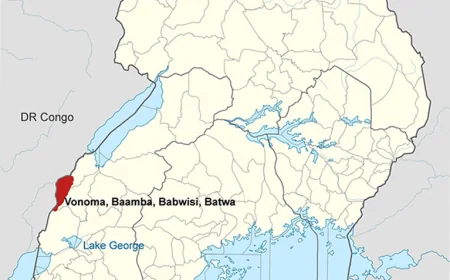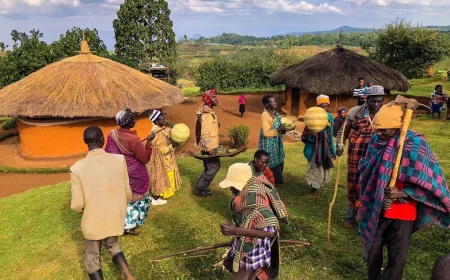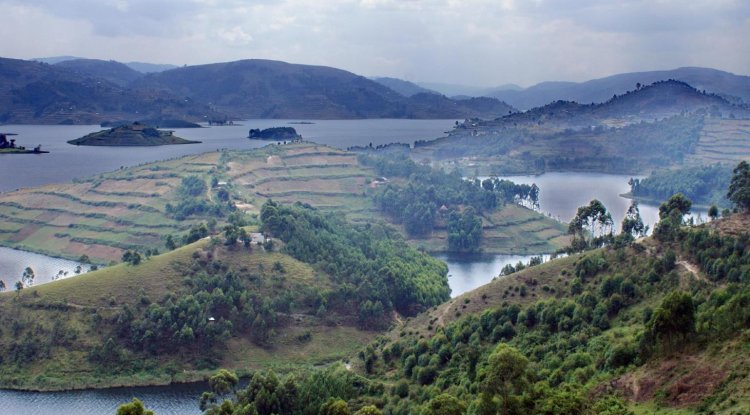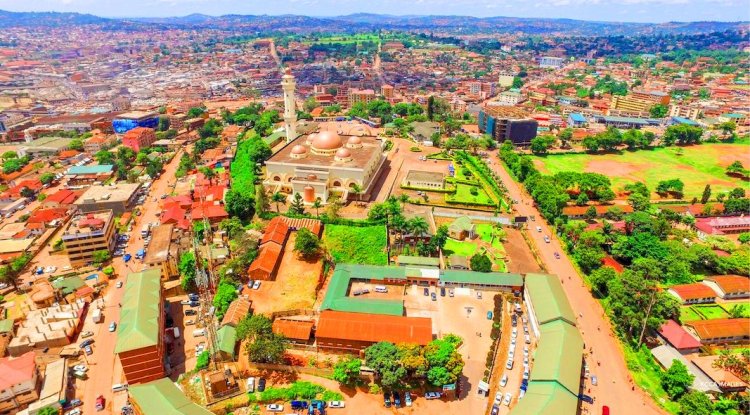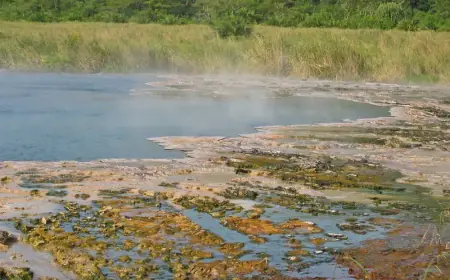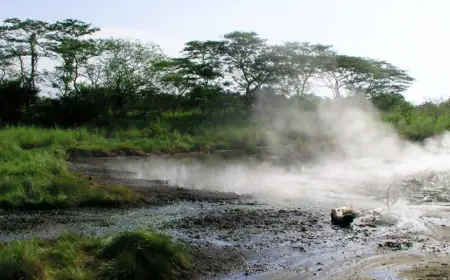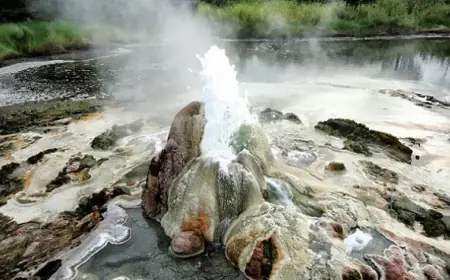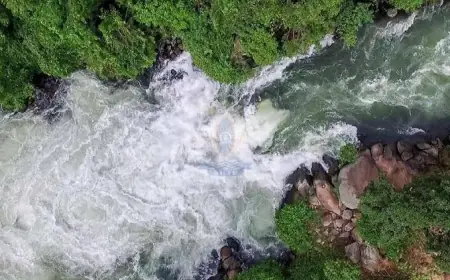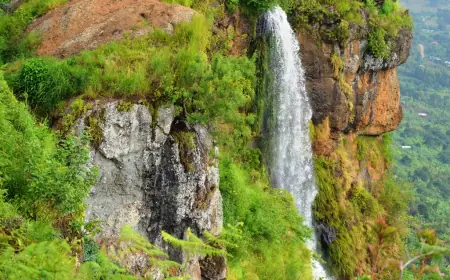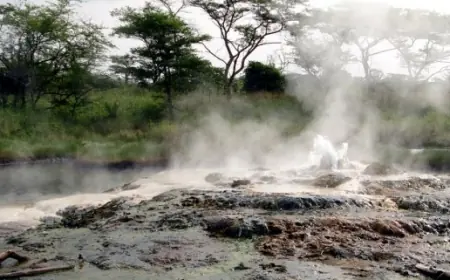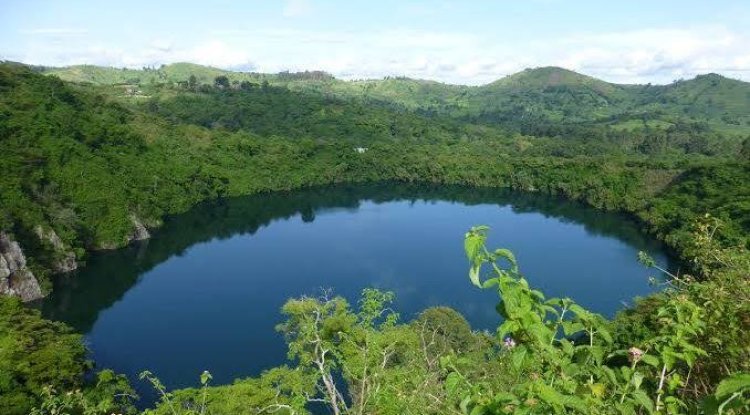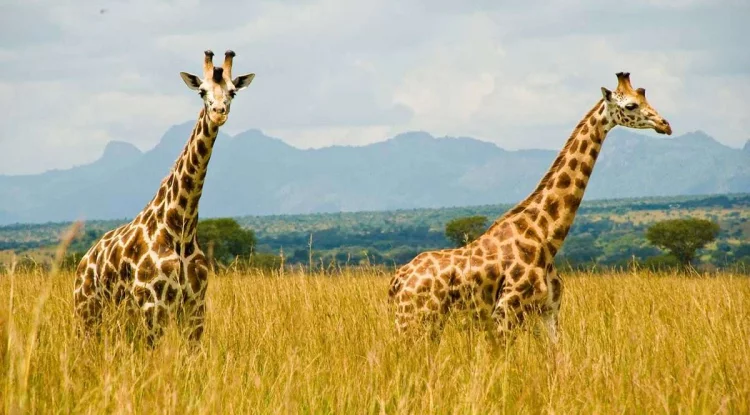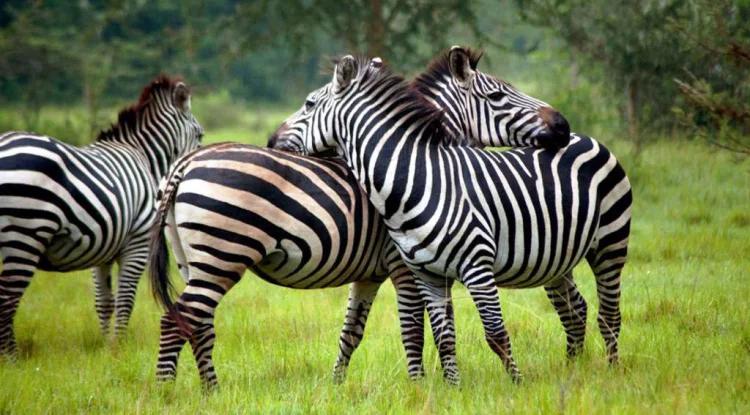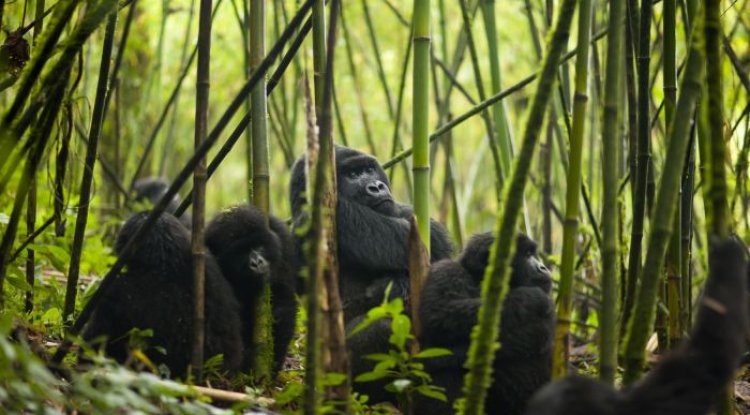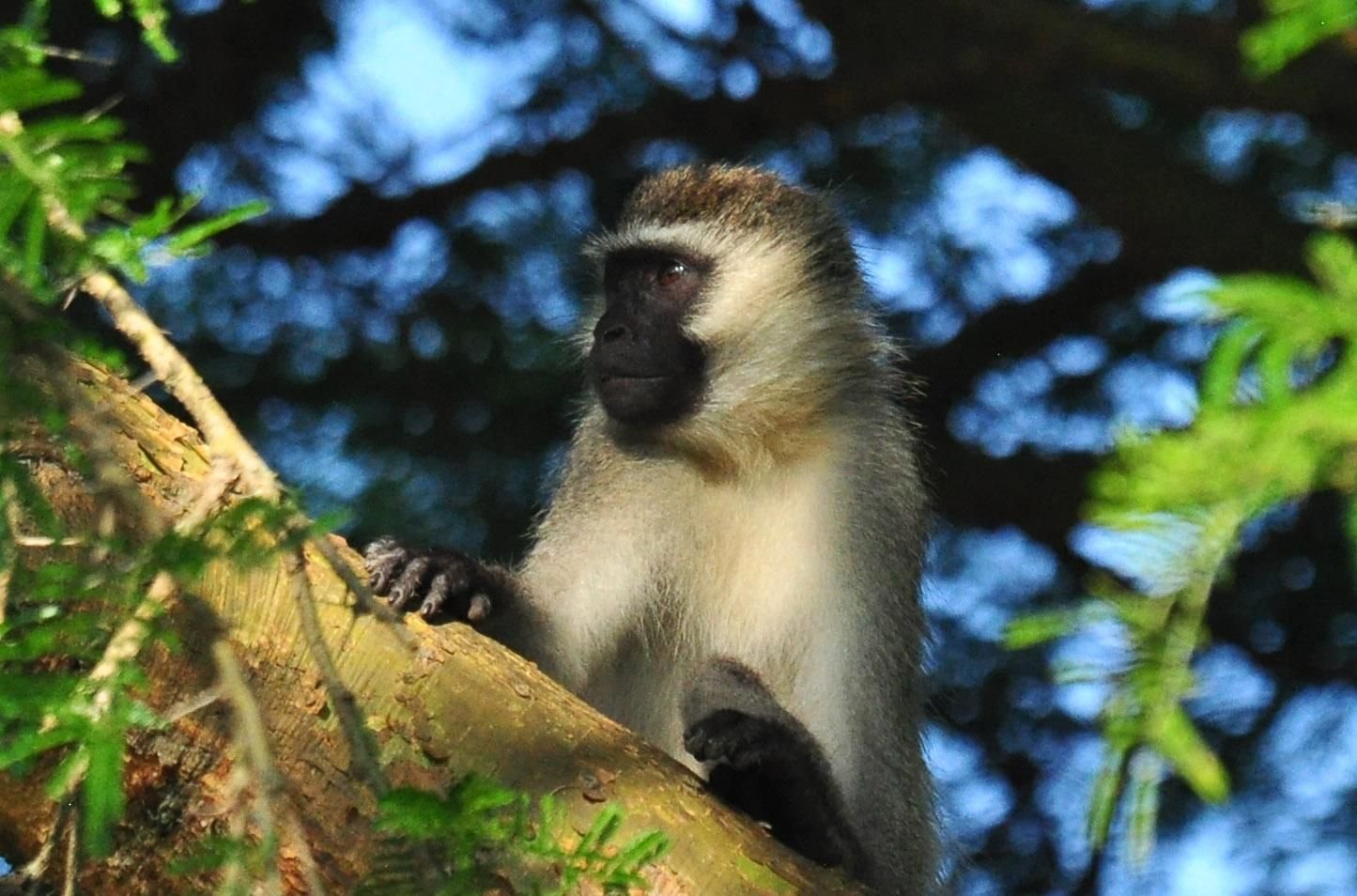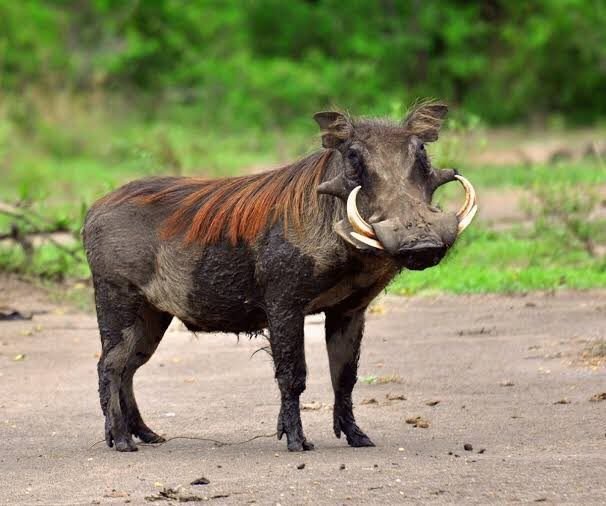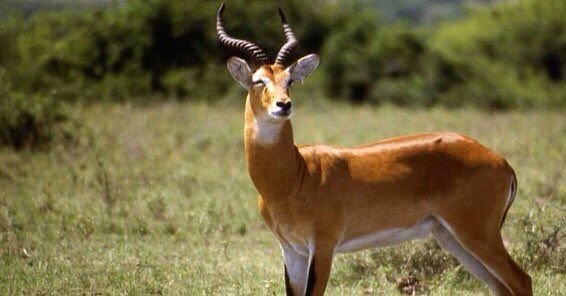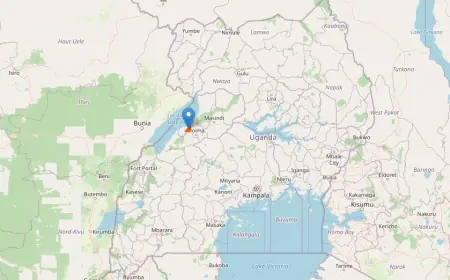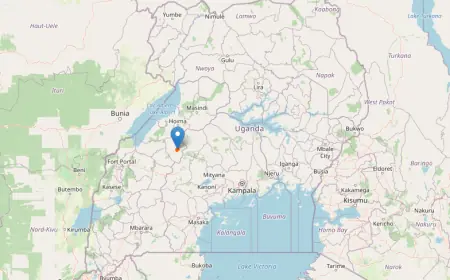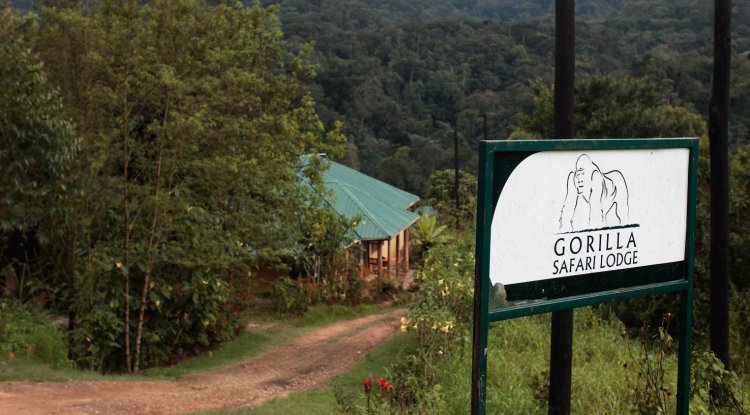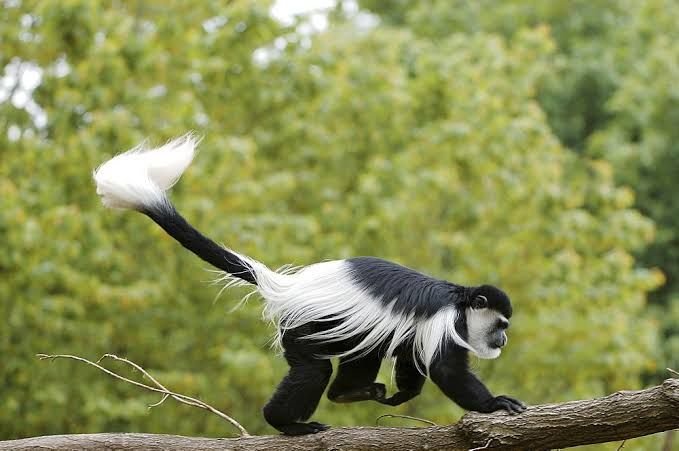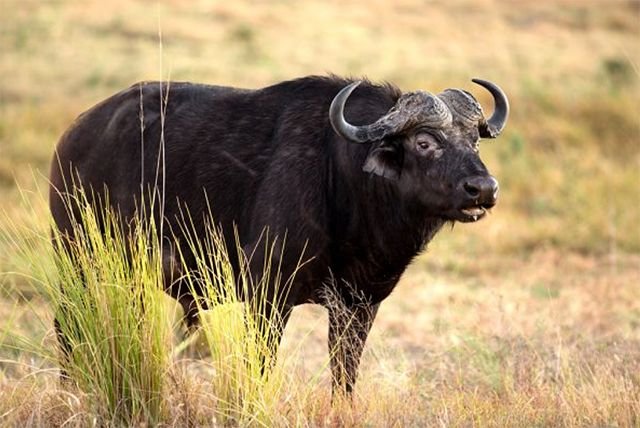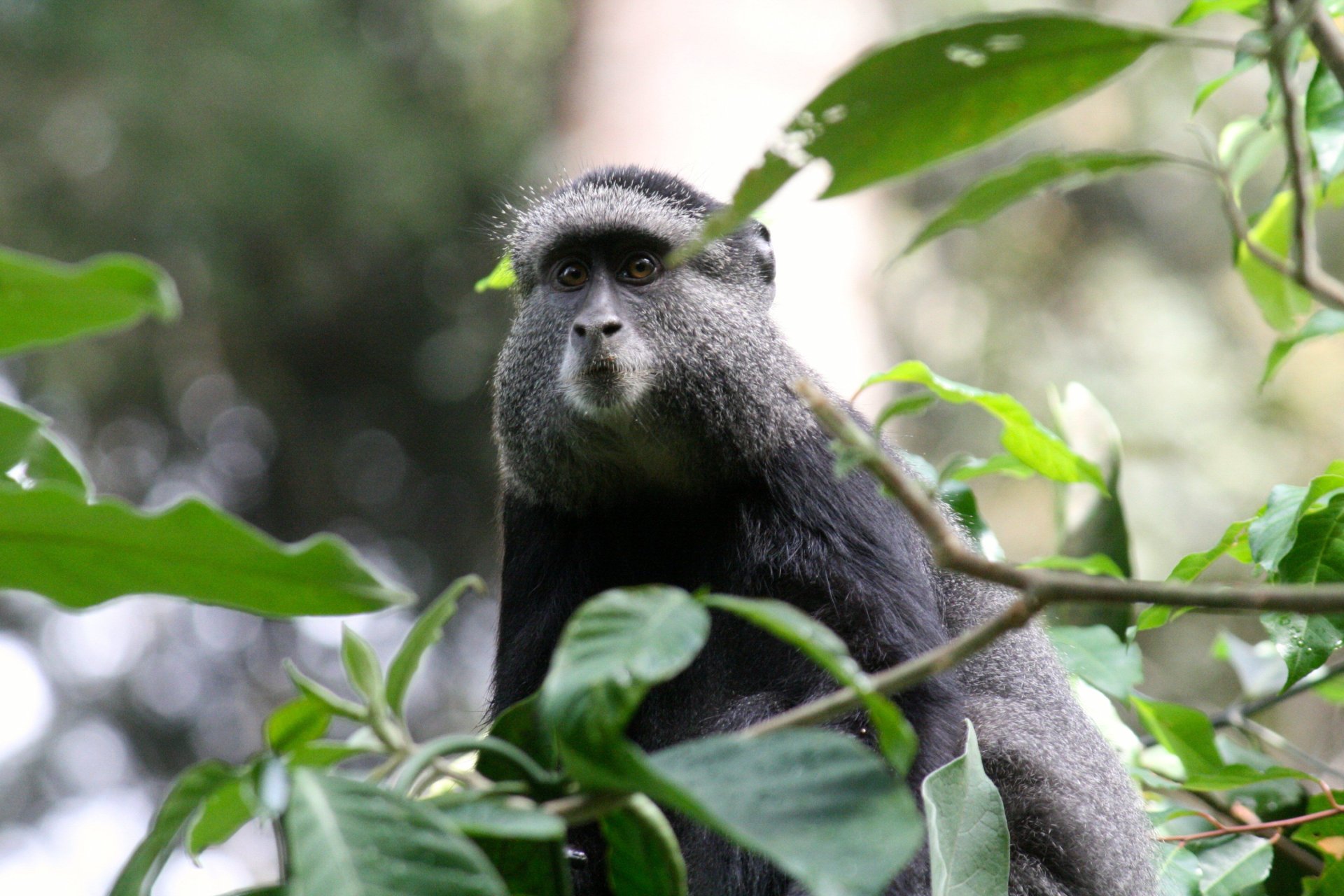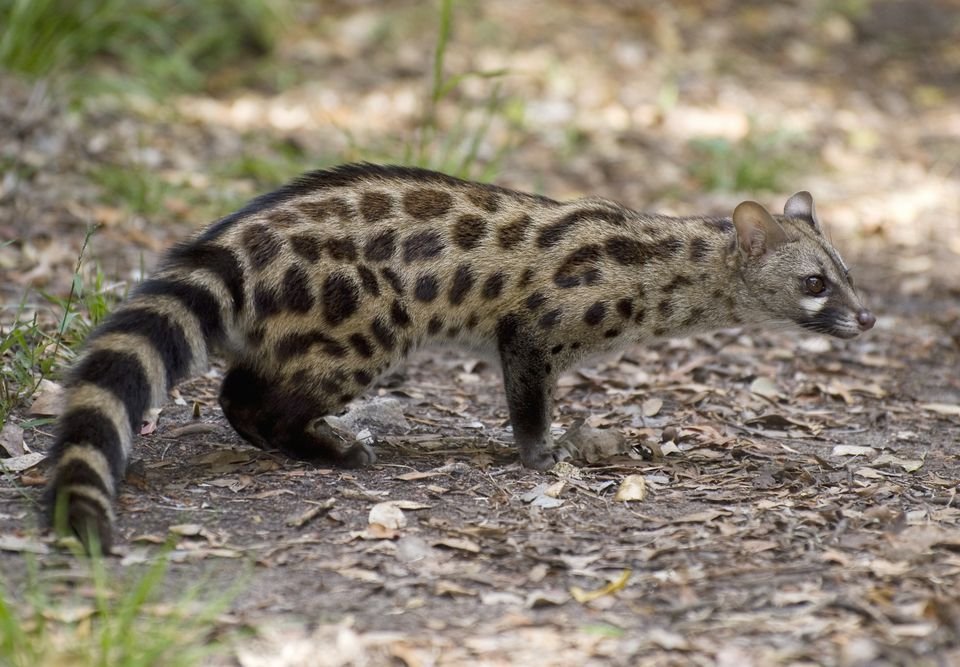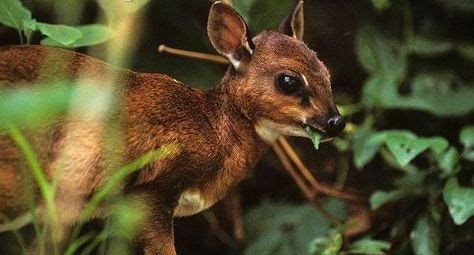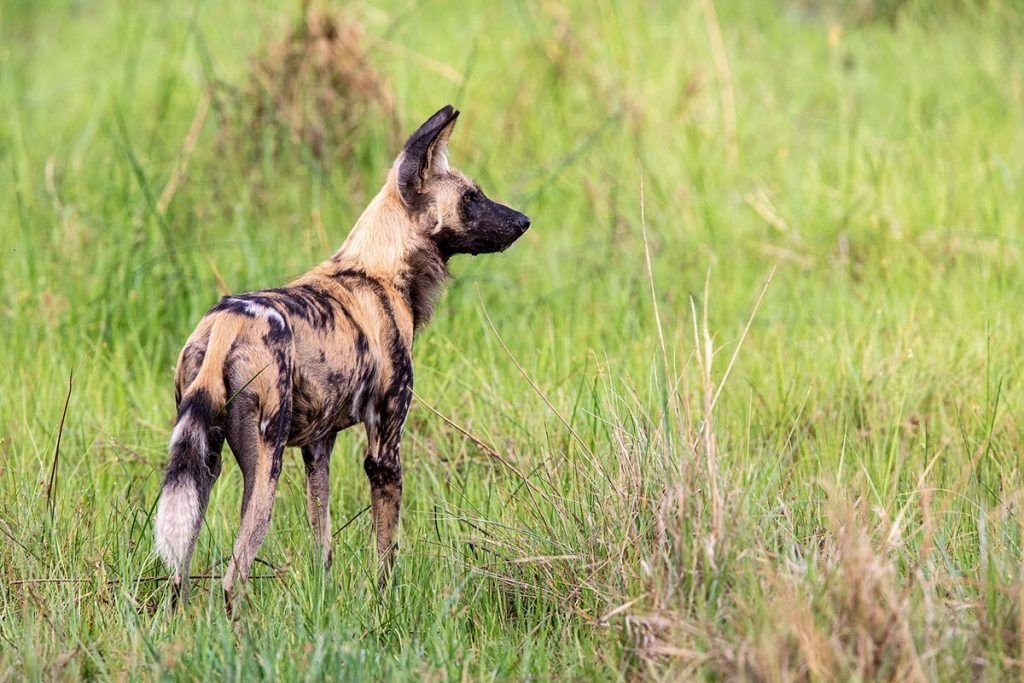Hippopotamus
Murchison Falls, Queen Elizabeth, and Lake Mburo National Parks are the finest places in Uganda to watch hippos because they are abundant in suitable inhabitants.
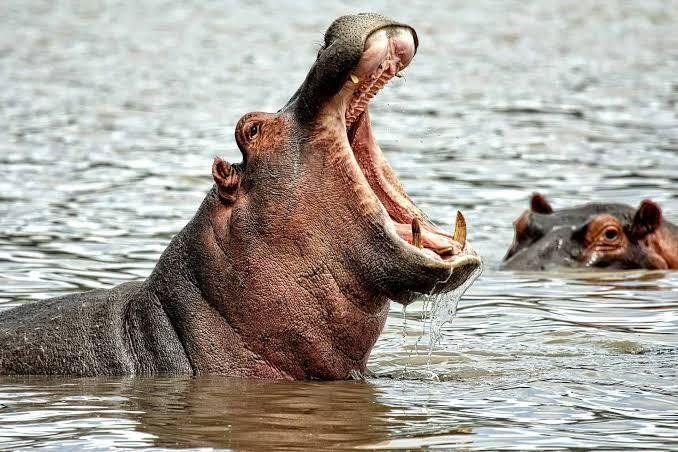
Sub-Saharan Africa is home to the hippopotamus (Hippopotamus amphibius), often known as the hippo, common hippopotamus, or river hippopotamus. The pygmy hippopotamus is the other one of just two remaining species in the family Hippopotamidae (Choeropsis liberiensis or Hexaprotodon liberiensis). The Greek word for "river horse" (o) is whence its name originates.
The largest land mammal is the hippopotamus, followed by elephants and rhinos. Additionally, it is the largest living artiodactyl. The closest extant relatives of the hippopotamids, despite their outward resemblance to pigs and other terrestrial even-toed ungulates, are cetaceans (whales, dolphins, porpoises, etc.).
Hippos are distinguished by their massive stature, pillar-like legs, practically hairless bodies, wide-opening mouths with large canine tusks, and barrel-shaped torsos. It can run short distances at 30 km/h (19 mph) despite its stocky build and short legs.
Hippos live in mangrove swamps, lakes, and rivers. Each territorial bull is in charge of five to thirty cows and calves as well as a body of water. Both mating and childbirth take place in the water. Hippos spend the day in water or mud to keep cool, coming out at dusk to graze on grass. While grazing is a solitary activity and hippos normally do not exhibit territorial behaviour on land, hippos rest close to one another in the water. Due to their violent and unpredictable nature, hippopotamuses are among the most dangerous creatures in the world. Loss of habitat and ivory and meat poaching pose threats to them (canine teeth).
Hippopotamus Behaviour
Hippos are semi-aquatic, spending their days in lakes and rivers, which sets them apart from all other large terrestrial mammals. They require an environment with a plenty of grass nearby and enough water for them to fully submerge. In extremely tiny numbers, male hippos can also be found in rocky gorges with swift water. Most hippo habitats are found in freshwater.
Hippos are generally not gregarious creatures and do not appear to create social relationships other than between moms and daughters, despite the fact that they often lie close to one another. Hippos only engage in territorial behaviour in water, where the dominant bull, commonly referred to as the "beachmaster," rules over a narrow river channel. A beachmaster's stretch is open to younger bachelors as long as they treat him respectfully. Hippopotamus territories are utilised to establish access for mating.
Hippos "muck-spread," or urinate while whirling their tails, to disperse their excrement over a larger area. Both on land and in water, muck-spreading happens, albeit its purpose is not entirely clear.
Reproduction in Hippopotamus
Cows have an eight-month gestation period and reach sexual maturity at five to six years of age.
Males mature at about 7.5 years of age. Peak conceptions occurred at the conclusion of the wet season in the summer, according to a research of hippo reproductive behavior in Uganda, while peak births occurred at the start of the wet season in late winter. This is due to the female's oestrous cycle; male hippo spermatozoa, like those of most big mammals, are active all year round.
The cow is underwater for the majority of the mating encounter while occasionally poking her head above the surface to take breaths. Within 10 to 14 days after giving birth, cows return to the pod after isolating themselves. Underwater, calves weigh between 25 and 50 kg when they are born.
To get their first breath, they have to swim to the surface. Normally, a mother gives birth to just one calf, though occasionally twins are born. When the water is too deep for them to swim under to get a drink, the young frequently rest on their mothers' backs. When the mother emerges from the water, they will continue to nurse on land. Six to eight months after birth, weaning begins, and most calves are completely weaned after a year.
Hippopotamus Diet
To stay cool and hydrated, hippos spend most of the day in the water. They leave the water just before dusk to graze on land. Hippos, like most herbivores, will eat a variety of plants in captivity, but in their natural habitat, they eat virtually exclusively grass and barely any water vegetation.
Where to see hippos in Uganda
The national parks of Murchison Falls, Queen Elizabeth, and Lake Mburo, which are rich in suitable habitats, are the finest places to watch hippopotamuses on a safari in Uganda. Hippos kill more people than any other African creature, but they are still extremely prevalent outside of Uganda's reserves.
What's Your Reaction?
 Like
0
Like
0
 Dislike
0
Dislike
0
 Love
0
Love
0
 Funny
0
Funny
0
 Angry
0
Angry
0
 Sad
0
Sad
0
 Wow
0
Wow
0

